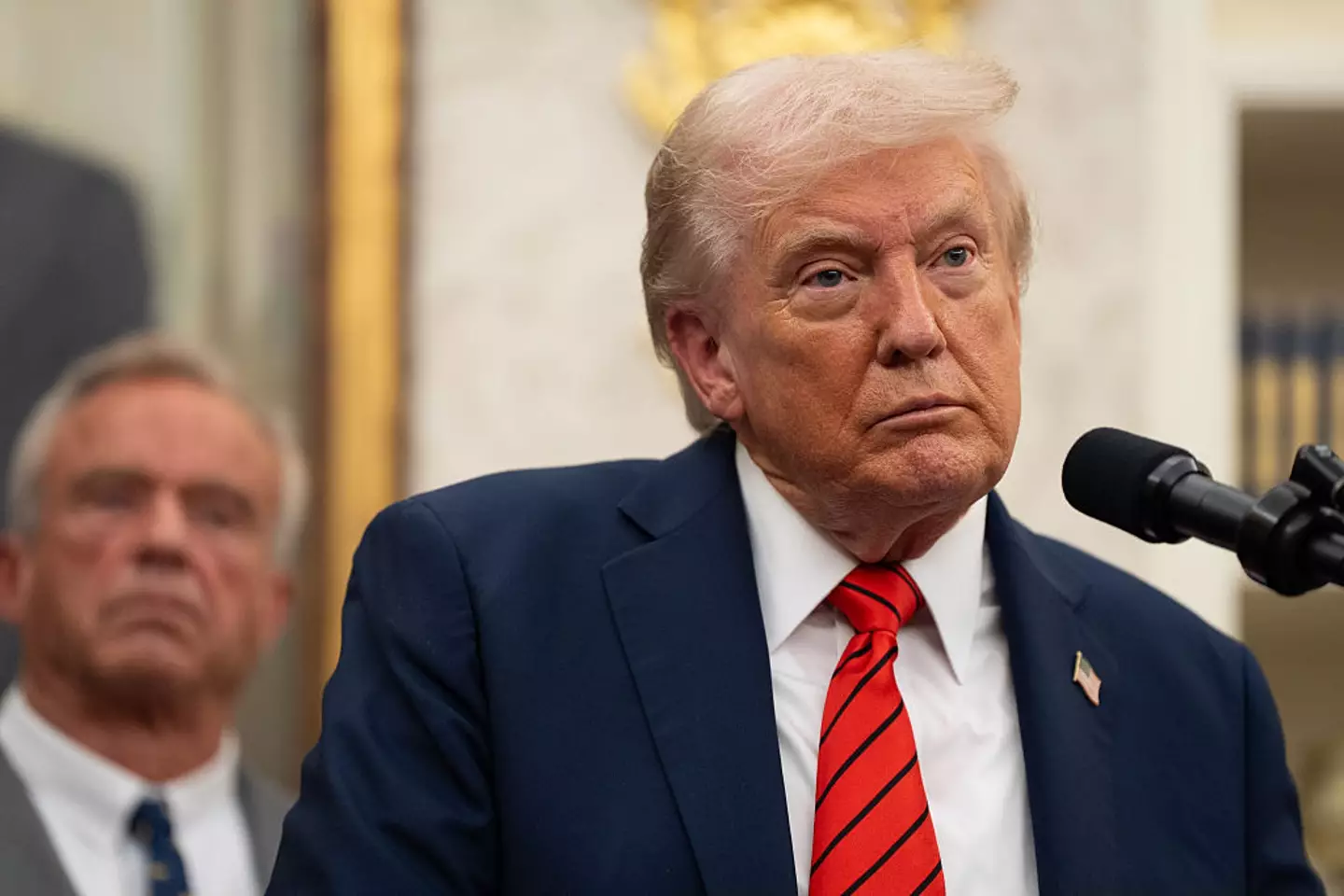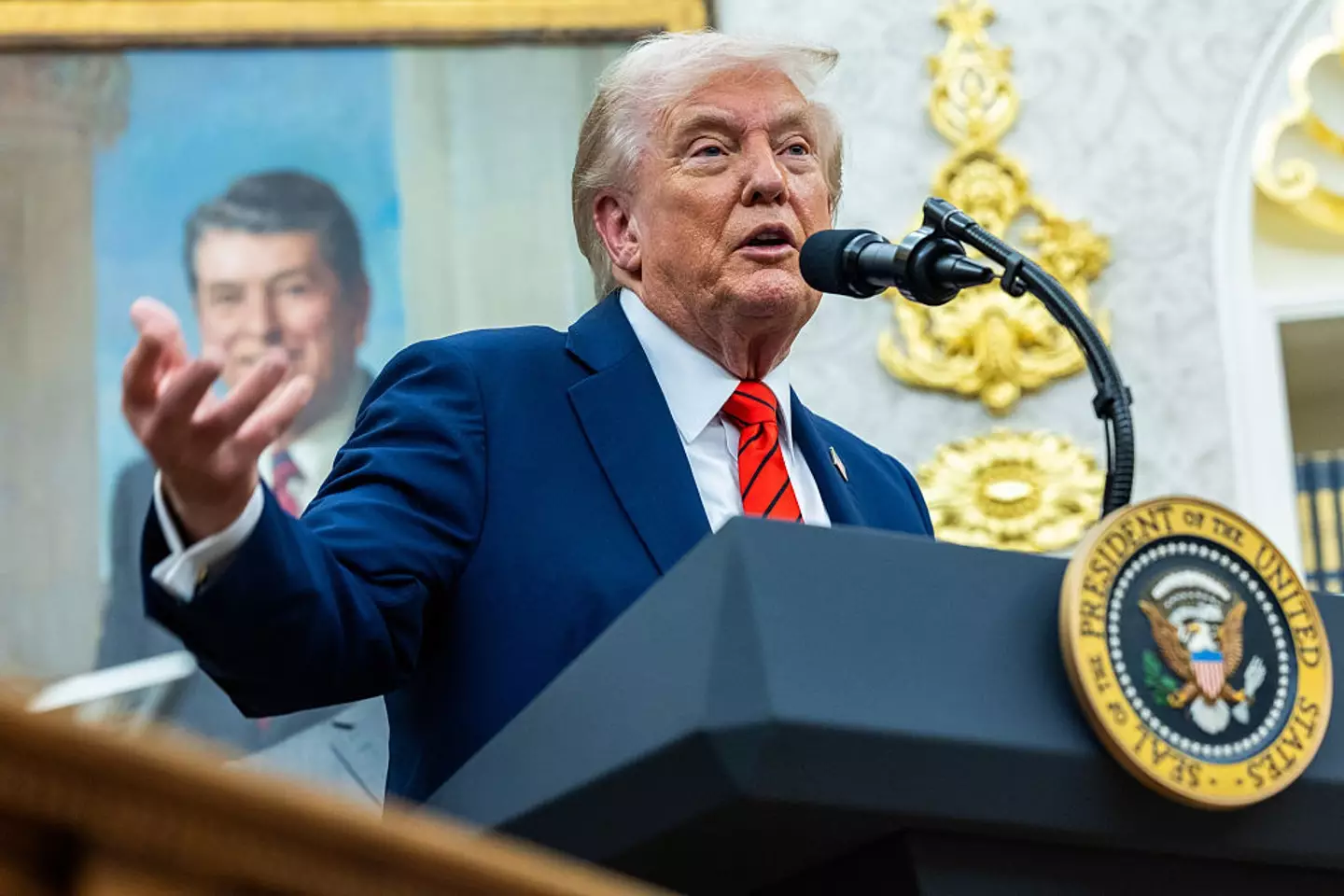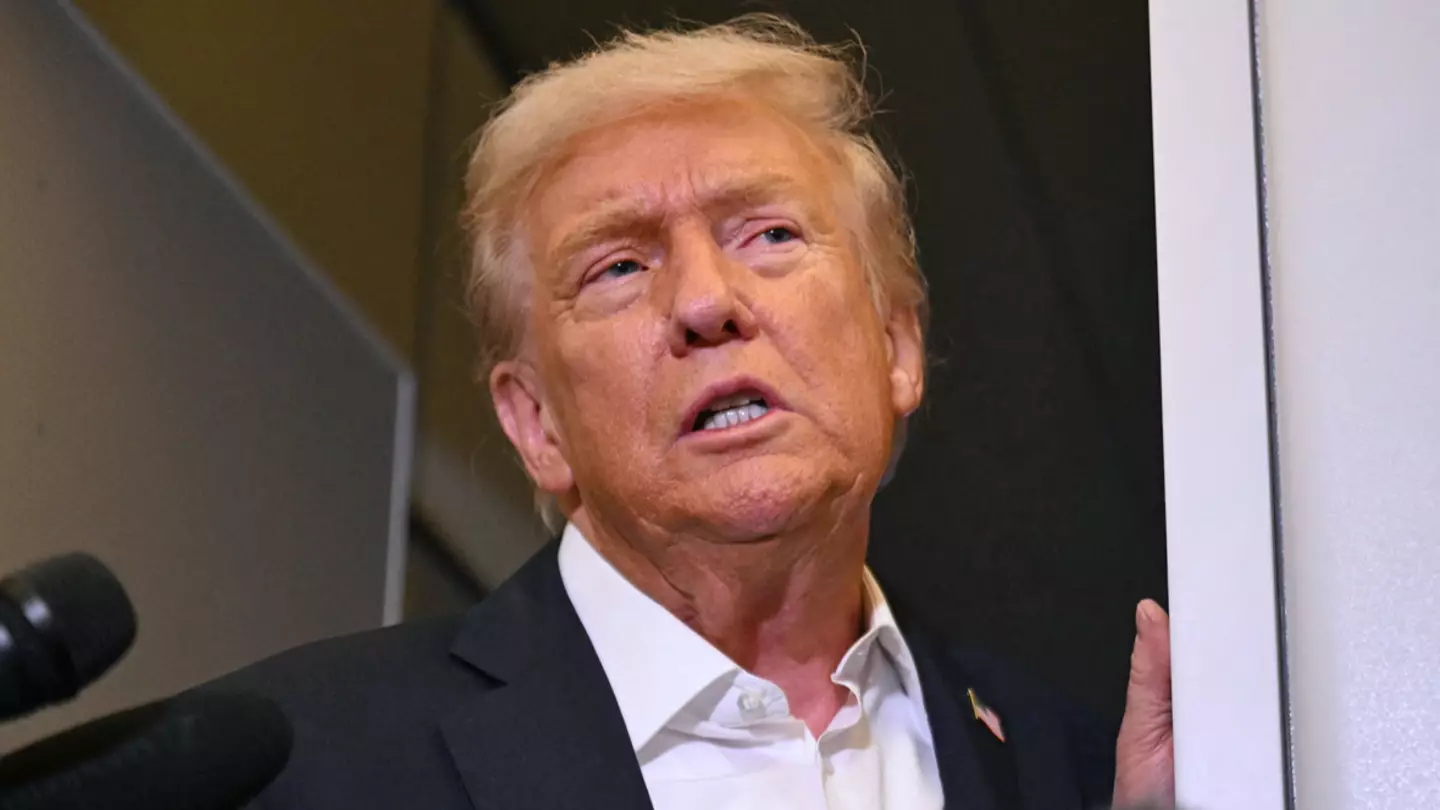Donald Trump’s recent statements have sparked renewed concerns about the potential deployment of military forces on American streets, referencing an 1807 law that has been seldom used in modern times due to its potential to disrupt civil order. This law, known as the Insurrection Act, allows presidents to deploy troops within the United States to suppress domestic disturbances.
While it might sound like a scenario out of a dystopian narrative, the Insurrection Act is indeed legitimate. It was famously employed by President Dwight Eisenhower in 1957 to send federal troops to Little Rock, Arkansas, ensuring the protection of Black students during desegregation efforts in schools. Similarly, in 1992, President George H.W. Bush invoked the act to quell riots in Los Angeles following the Rodney King verdict.

However, Trump’s threats to utilize the act have added complexities to the situation. He has suggested that he might use it to bypass governors and courts that obstruct his plans to send troops to cities led by Democrats.
In a statement from the Oval Office, Trump remarked: “If I had to enact it, I’d do that — if people were being killed and courts were holding us up, or governors or mayors were holding us up.”
This echoes his stance during the 2020 George Floyd protests when he considered invoking the act but ultimately refrained. During his 2023 campaign, he asserted a more decisive approach, saying: “I’m not waiting.”
Technically, Trump could enforce the Insurrection Act, but the process is not straightforward.
According to experts, the act provides the president with substantial discretion, though it does not render him invincible.
Court systems tend to be cautious in opposing presidential military decisions, with the Ninth Circuit Court of Appeals highlighting that such choices receive a ‘great level of deference’.
Nonetheless, as an Oregon judge pointed out when dismissing a prior Trump troop deployment: “‘A great level of deference’ is not equivalent to ignoring the facts on the ground.”

Despite this, deploying military forces for domestic law enforcement is a boundary most presidents have opted not to cross, adhering to the Posse Comitatus Act of 1878, which aims to keep the military out of civilian affairs.
The Insurrection Act serves as an exception to this rule, making it a point of contention.
A legal expert told the Guardian that invoking the act could be perilous, as it might lead to troops being used in roles typically reserved for police, such as making arrests or conducting searches.
In summary, while Trump has the ability to apply the 1807 law, doing so might take the nation down a path not ventured in decades, potentially culminating in soldiers policing American streets.

